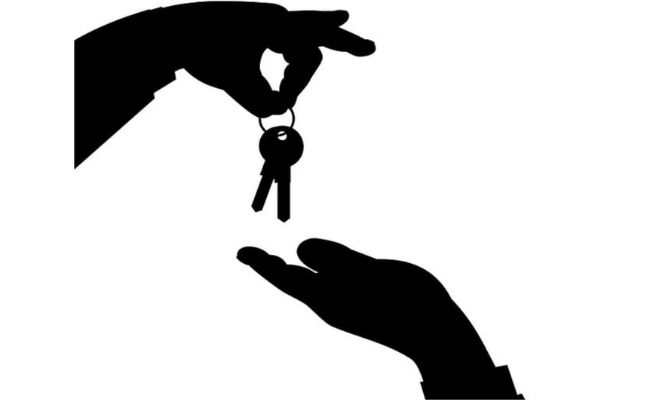Last Updated on October 24, 2023 by Neil Sharma
Canadian seniors are over-housed and it’s obstructing flow in the housing market.
A report last year from the Canadian Centre for Economic Analysis (CANCEA) shed light on the problem, determining that over half of Ontarians live in homes with surplus bedrooms. Baby boomers and empty nesters, in particular, can’t afford to downsize and are staying put, to the detriment of younger Canadians.
“Part of the problem, we’ve noticed through our analysis, is baby boomers and empty nesters are sitting in a lot of the single-detached dwellings across the region, and they’re over-housed,” Paul Smetanin, president of CANCEA, told the Toronto Sun.
There are, however, creative ways to help renew healthy flow in the market. David Lee, a financial advisor with BlueShore Financial, recommends joint ownership of a home, which has the benefit of keeping it in the family.
“You’re able to pass it onto another individual within the family, so the surviving party keeps it original cost and it avoids probate fees,” said Lee. “It’s a very simple process. You can hold it, whether in a Joint Tenancy or even Tenants in Common, but you have it that it’s going to the other people registered on title, and you would set this up in the initial stages before the passing.”
Pre-gifting has become popular among Canadians as well, added Lee. The benefit here is that probate fees are avoided and the asset is bequeathed before passing, offering up a measure of comfort in the process.
“There are risks to this, such as losing some control with respect to the property, but when you’re looking at pre-gifting, they can avoid taxes down the road,” said Lee. “One of the other things about pre-gifting is you’re able to feel a lot more comfortable doing it in advance. Designating things in advance gives them a lot more control before getting to their demise.”
Using a trustee is what Lee calls the most sophisticated way of transferring ownership, and it is the trustee who ultimately decides to whom the home is transferred.
“You can do that while you’re alive and it becomes inter vivos, as opposed to a testamentary trust that you have to set up at your death,” said Lee. “There are other options there, such as if the senior is over the age of 65 and they can establish Joint Partner Trust if they’re married, or, if not, an Alter Ego Trust. This will allow them to transfer the property tax into a trust, if there are any taxes there, and they would benefit from the trust. On their death, they would have already indicated who the beneficiaries would be.”
Related stories:
Neil Sharma is the Editor-In-Chief of Canadian Real Estate Wealth and Real Estate Professional. As a journalist, he has covered Canada’s housing market for the Toronto Star, Toronto Sun, National Post, and other publications, specializing in everything from market trends to mortgage and investment advice. He can be reached at neil@crewmedia.ca.









